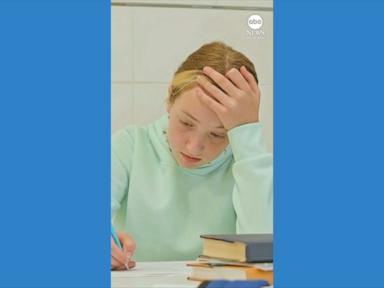New Study Links Social Media Use to Lower Test Scores in Children

A recent study published in the Journal of the American Medical Association indicates that children who engage with social media may experience lower scores on reading and memory tests. The findings, released on October 14, 2025, raise concerns about the potential impact of social media on cognitive development in youth.
Researchers conducted a comprehensive analysis involving a diverse group of children. They assessed the participants’ social media usage alongside their performance on standardized reading and memory assessments. The results revealed a significant correlation between high social media use and decreased test scores, suggesting that time spent on these platforms could detract from academic performance.
The study highlights how social media, while a popular form of communication and entertainment among children, may pose challenges to their educational outcomes. As children increasingly turn to platforms such as Instagram, Snapchat, and TikTok, their academic capabilities could be suffering as a result.
Implications for Parents and Educators
The implications of these findings are critical for both parents and educators. Understanding the balance between social media engagement and academic responsibilities is essential. Experts recommend that parents monitor their children’s screen time and encourage activities that promote learning and cognitive development.
Educators may also need to consider these findings in their curricula. Incorporating lessons about digital literacy and the potential effects of social media on learning could help students navigate their online presence more effectively. Schools might also explore strategies to engage students in reading and memory exercises that can counteract the distractions posed by social media.
As the conversation around the impact of technology on education continues, this study adds a crucial piece to the puzzle. By fostering an environment that values both digital engagement and academic success, stakeholders can help children thrive in an increasingly digital world.
These findings serve as a vital reminder of the importance of balanced media consumption. As social media becomes ever more integrated into the daily lives of children, understanding its effects on learning will be paramount in ensuring their educational success.






